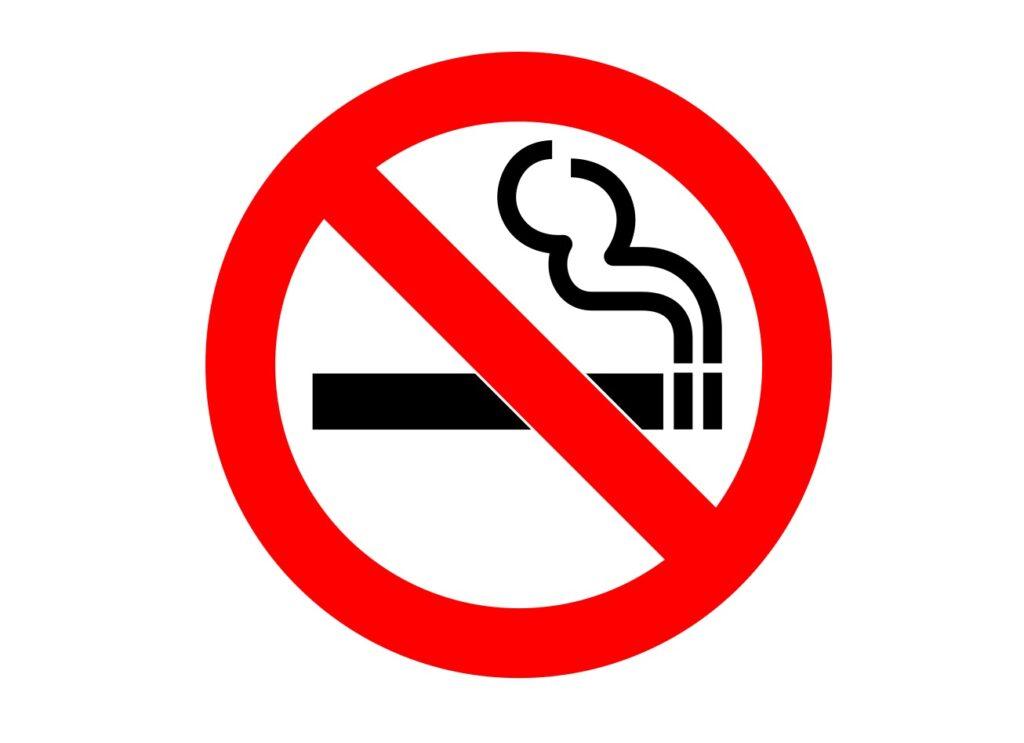According to a study being published in the July issue of the Journal of Health Economics, states that have legalized recreational marijuana have seen a reduction in cigarette and electronic cigarette use.

The study, titled Have recreational marijuana laws undermined public health progress on adult tobacco use?, was conducted by researchers at Bentley University, San Diego State University and Georgia State University.
“Public health experts caution that legalization of recreational marijuana may normalize smoking and undermine the decades-long achievements of tobacco control policy”, states the study’s abstract. “However, very little is known about the impact of recreational marijuana laws (RMLs) on adult tobacco use.”
Using newly available data from the Population Assessment of Tobacco and Health (PATH) and dynamic difference-in-differences and discrete-time hazard approaches, researchers found that RML adoption increases prior-month marijuana use among adults ages 18-and-older by 2-percentage-points, driven by an increase in marijuana initiation among prior non-users.
However, “this increase in adult marijuana use does not extend to tobacco use. Rather, we find that RML adoption is associated with a lagged reduction in electronic nicotine delivery systems (ENDS) use, consistent with the hypothesis that ENDS and marijuana are substitutes.”
Moreover, “auxiliary analyses from the National Survey on Drug Use and Health (NSDUH) show that RML adoption is associated with a reduction in adult cigarette smoking.”
“We conclude that RMLs may generate tobacco-related health benefits”, states researchers.
The full study can be found here.







